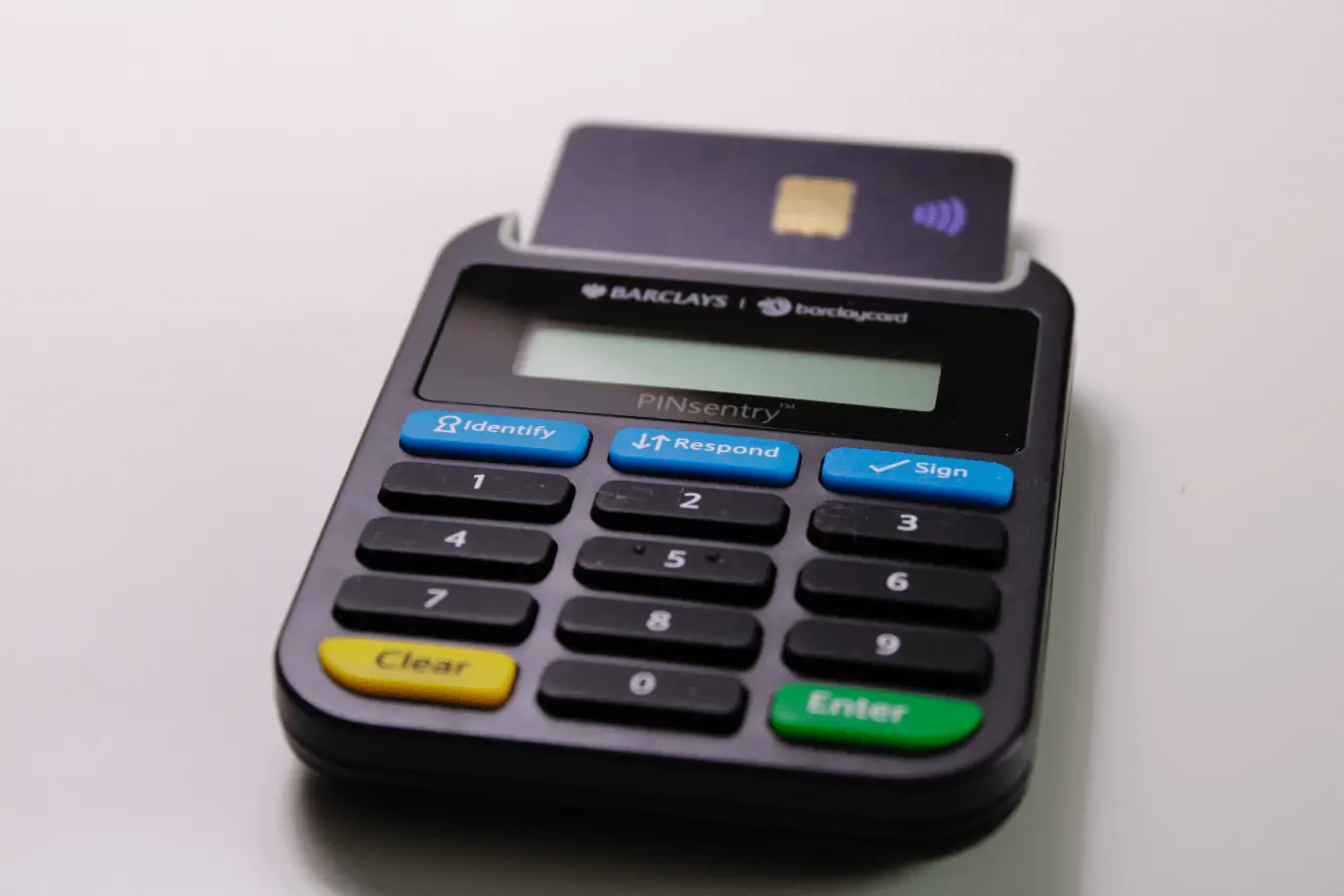Emmanuel Mogaji, University of Greenwich
In developing economies, many people are excluded in various ways from financial services. Including them is necessary for three main reasons. It allows financially vulnerable people to improve their lives through economic activity. Growth in the banking market can benefit financial service providers. And when citizens are financially enabled, a country’s economy can advance.
This is why financial inclusion continues to gain momentum in Africa’s policy and economic development. And to achieve it, banks need to reach out and engage with prospective customers who have been excluded from the financial system.
In our research, we looked at the ways three commercial banks and two microfinance banks in Nigeria engaged with financially vulnerable customers and potential customers. These may be petty traders in the informal economy, without bank accounts, living outside cities and relying solely on cash payments.
We approached the top managers of five institutions and asked how they create awareness of their products and services among these customers. Our study provides a picture of how financial products are being developed, marketed and delivered to this target market in Nigeria. We found that banks are using both innovative and traditional strategies and technologies to reach a variety of customers. The bank managers said their strategies were working and previously excluded customers could now access various financial products.
Product development
Nigerian banks are developing products specifically for financially excluded customers. These include “tier 1” bank accounts, which are entry-level accounts for individuals. A person can open the account with just a passport photograph and a bank verification number. Microfinance banks also provide business loans aimed at small business owners. Women in the informal sector, engaged in economic activities like petty trading, street hawking and food hawking, are also offered loans, credit facilities and grants. Often, these loans have low interest rates, to suit people with a low income and to support growth in economic activities led by women.
Disability can be a reason for financial vulnerability. Nigeria’s disabled population is an estimated 25 million. Accion Microfinance Bank has a product for this marginalised group.
Product marketing
Digital services and marketing are on the increase in banking, but reaching out to new customers also requires traditional marketing strategies. Nigerian banks recognise that these customers do not necessarily use social media or other forms of technology. Banks are using radio campaigns and advertisements to reach their target audiences in the rural parts of the country using the three main languages, Hausa, Igbo and Yoruba.
Market storm is another marketing strategy banks are using to reach these customers. During market storms, bank staff go into a market or public place with music and activities to attract traders and buyers. The bank staff are mostly dressed in branded T-shirts and spend time introducing bank products and services to the public. Customers usually find it easy to open an account as they do not have to leave their businesses to go to a branch.
Sponsorship of events is another way banks market their products and services in Nigeria. They sometimes partner with groups of artisans, hairdressers, barbers, butchers, and transporters to sponsor their business events or promote their business activities. In return, banks market their offerings at these events.
Technology
Nigerian banks recognise that the role of technology cannot be ignored in reaching out to unbanked, underbanked and low income consumers. These categories of customers seldom rely on social media. But they often use text messages to communicate as part of their daily activities. So banks are using text messages and Unstructured Supplementary Service Data (USSD) codes. These are numbers and symbols that can be typed into any basic mobile phone, with or without internet access, to open an account account, send money, pay bills and apply for loans.
